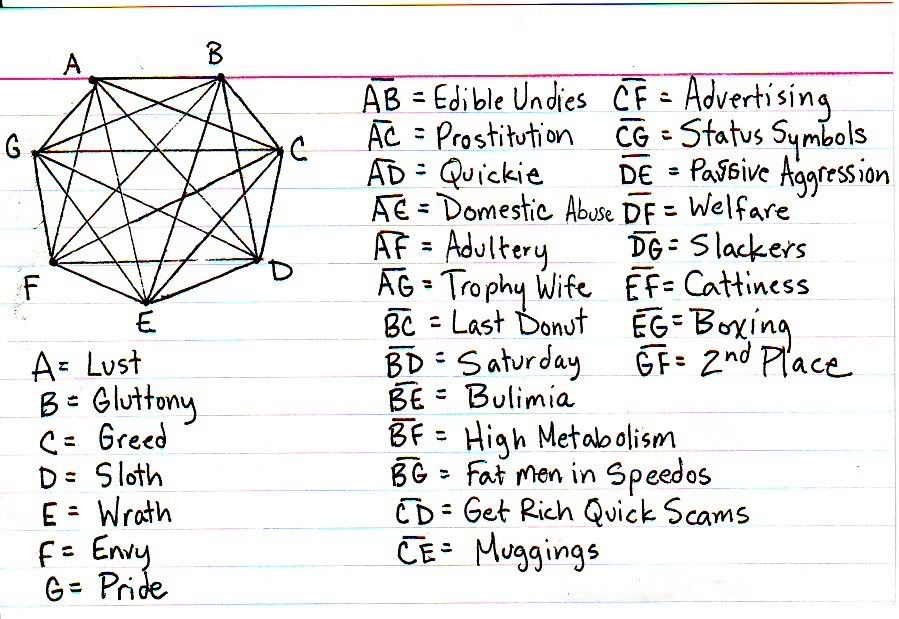 Bill of Rights for People Who Self-Harm
Bill of Rights for People Who Self-HarmPreamble
An estimated one percent of Americans use physical self-harm as a way of coping with stress; the rate of self-injury in other industrial nations is probably similar. Still, self-injury remains a taboo subject, a behavior that is considered freakish or outlandish and is highly stigmatized by medical professionals and the lay public alike. Self-harm, also called self-injury, self-inflicted violence, or self-mutilation, can be defined as self-inflicted physical harm severe enough to cause tissue damage or leave visible marks that do not fade within a few hours. Acts done for purposes of suicide or for ritual, sexual, or ornamentation purposes are not considered self-injury. This document refers to what is commonly known as moderate or superficial self-injury, particularly repetitive SI; these guidelines do not hold for cases of major self-mutilation (i.e., castration, eye enucleation, or amputation).
Because of the stigma and lack of readily available information about self-harm, people who resort to this method of coping often receive treatment from physicians (particularly in emergency rooms) and mental-health professionals that can actually make their lives worse instead of better. Based on hundreds of negative experiences reported by people who self-harm, the following Bill of Rights is an attempt to provide information to medical and mental-health personnel. The goal of this project is to enable them to more clearly understand the emotions that underlie self-injury and to respond to self-injurious behavior in a way that protects the patient as well as the practitioner.
The Bill of Rights for Those who Self-Harm
The right to caring, humane medical treatment.
Self-injurers should receive the same level and quality of care that a person presenting with an identical but accidental injury would receive. Procedures should be done as gently as they would be for others. If stitches are required, local anesthesia should be used. Treatment of accidental injury and self-inflicted injury should be identical.
The right to participate fully in decisions about emergency psychiatric treatment (so long as no one's life is in immediate danger).
When a person presents at the emergency room with a self-inflicted injury, his or her opinion about the need for a psychological assessment should be considered. If the person is not in obvious distress and is not suicidal, he or she should not be subjected to an arduous psych evaluation. Doctors should be trained to assess suicidality/homicidality and should realize that although referral for outpatient follow-up may be advisable, hospitalization for self-injurious behavior alone is rarely warranted.
The right to body privacy.
Visual examinations to determine the extent and frequency of self-inflicted injury should be performed only when absolutely necessary and done in a way that maintains the patient's dignity. Many who SI have been abused; the humiliation of a strip-search is likely to increase the amount and intensity of future self-injury while making the person subject to the searches look for better ways to hide the marks.
The right to have the feelings behind the SI validated.
Self-injury doesn't occur in a vacuum. The person who self-injures usually does so in response to distressing feelings, and those feelings should be recognized and validated. Although the care provider might not understand why a particular situation is extremely upsetting, she or he can at least understand that it *is* distressing and respect the self-injurer's right to be upset about it.
The right to disclose to whom they choose only what they choose.
No care provider should disclose to others that injuries are self-inflicted without obtaining the permission of the person involved. Exceptions can be made in the case of team-based hospital treatment or other medical care providers when the information that the injuries were self-inflicted is essential knowledge for proper medical care. Patients should be notified when others are told about their SI and as always, gossiping about any patient is unprofessional.
The right to choose what coping mechanisms they will use.
No person should be forced to choose between self-injury and treatment. Outpatient therapists should never demand that clients sign a no-harm contract; instead, client and provider should develop a plan for dealing with self-injurious impulses and acts during the treatment. No client should feel they must lie about SI or be kicked out of outpatient therapy. Exceptions to this may be made in hospital or ER treatment, when a contract may be required by hospital legal policies.
The right to have care providers who do not allow their feelings about SI to distort the therapy.
Those who work with clients who self-injure should keep their own fear, revulsion, anger, and anxiety out of the therapeutic setting. This is crucial for basic medical care of self-inflicted wounds but holds for therapists as well. A person who is struggling with self-injury has enough baggage without taking on the prejudices and biases of their care providers.
The right to have the role SI has played as a coping mechanism validated.
No one should be shamed, admonished, or chastised for having self-injured. Self-injury works as a coping mechanism, sometimes for people who have no other way to cope. They may use SI as a last-ditch effort to avoid suicide. The self-injurer should be taught to honor the positive things that self-injury has done for him/her as well as to recognize that the negatives of SI far outweigh those positives and that it is possible to learn methods of coping that aren't as destructive and life-interfering.
The right not to be automatically considered a dangerous person simply because of self-inflicted injury.
No one should be put in restraints or locked in a treatment room in an emergency room solely because his or her injuries are self-inflicted. No one should ever be involuntarily committed simply because of SI; physicians should make the decision to commit based on the presence of psychosis, suicidality, or homicidality.
The right to have self-injury regarded as an attempt to communicate, not manipulate.
Most people who hurt themselves are trying to express things they can say in no other way. Although sometimes these attempts to communicate seem manipulative, treating them as manipulation only makes the situation worse. Providers should respect the communicative function of SI and assume it is not manipulative behavior until there is clear evidence to the contrary.
© 1998-2001 Deb Martinson. Reprint permission granted with proper credit to author.
I found this at the
Random Thoughts of Self blog via
Beautiful Dreamer's blog. She always has great article links! I think I might make this into a little laminated credit-card sized thing and give it to my friends who self injure so that they can take it to the hospital with them and give it to their doc.
Labels: health, humanis vegetalis, navel gazing





























